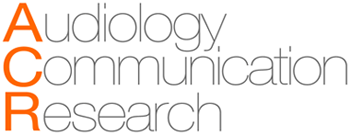ABSTRACT
Purpose
To verify suspected vocal alterations in active elderly and its association with sociodemographic, voice-related lifestyle habits and vocal handicap aspects.
Methods
Cross-sectional observational study conducted with 254 elderly users of public health gyms in Belo Horizonte municipality. Data collection included an interview containing sociodemographic information, voice-related life habits and hoarseness self-report, in addition to the application of protocols: vocal handicap index (IDV-10) and screening for voice disorders (RAVI in Portuguese). The result of RAVI was considered the outcome variable. The data were subject to descriptive and association analysis using Pearson's Chi-square and Poisson Regression tests with Robust variance (5% significance level).
Results
It was found that the majority of the elderly are female (83.5%), aged 60 to 70 years (65.4%), retired (84.9%) and without a partner (61.8%). According to the RAVI protocol, 44.5% of them are suspected of voice alteration. Through multivariate analysis, the self-reported variables of hoarseness and vocal handicap showed association with suspected vocal changes measured by RAVI.
Conclusion
The vocal alteration suspicion was high in the elderly actives. The suspicion of vocal alteration was higher among the elderly with self-reported hoarseness and with vocal handicap.
Keywords:
Voice; Elderly; Speech therapy; Voice disorders; Hoarseness; Aging
